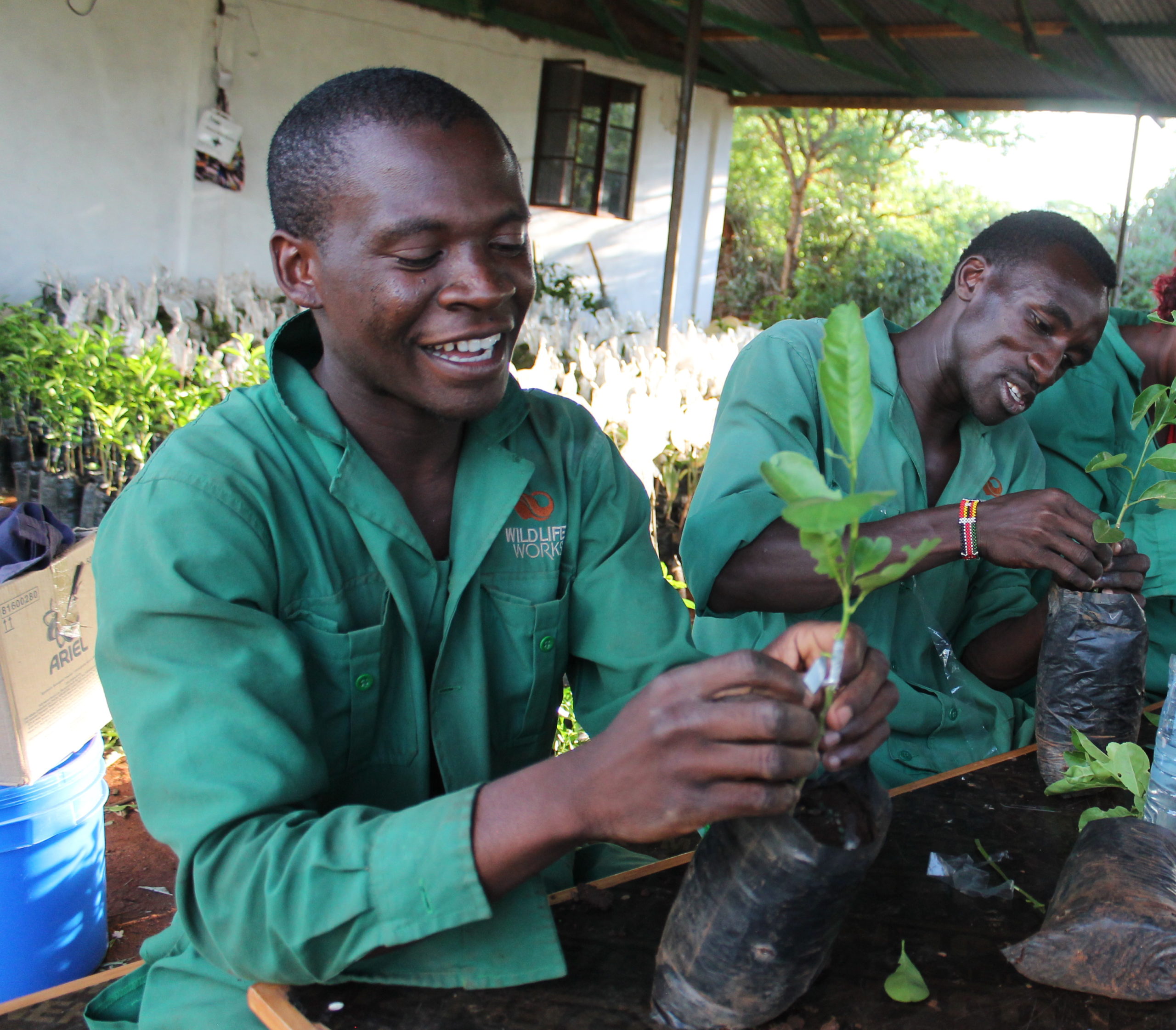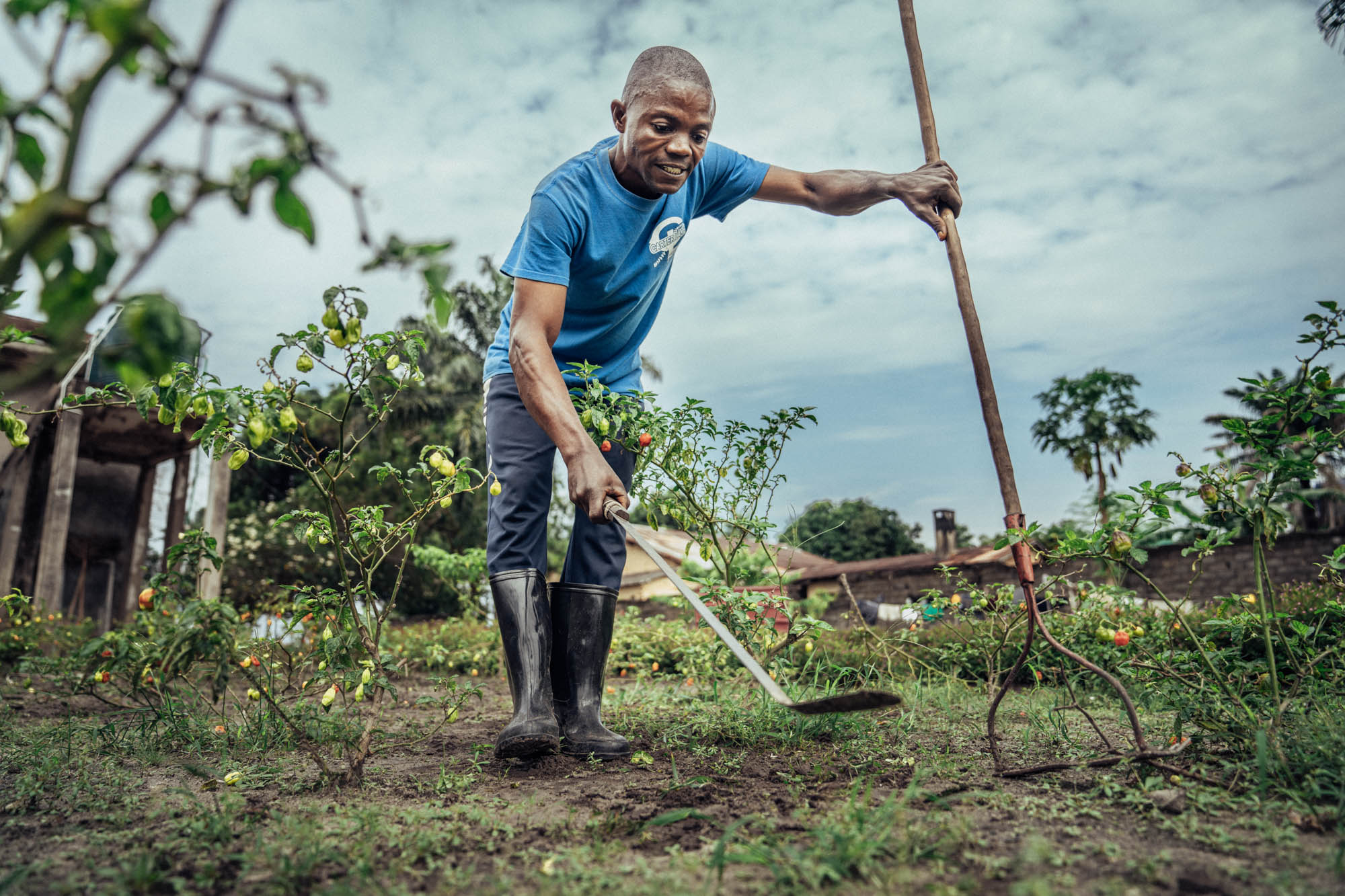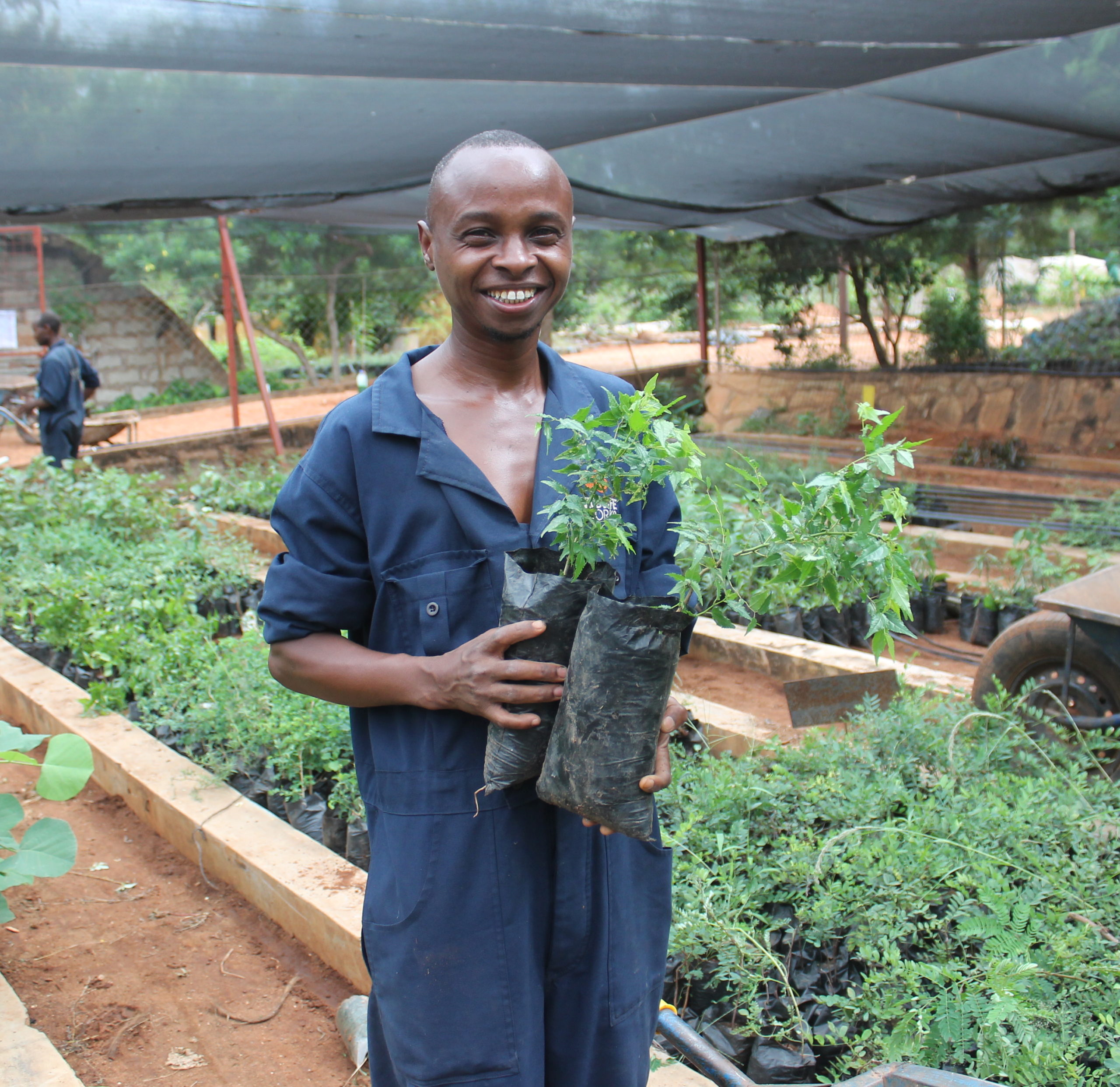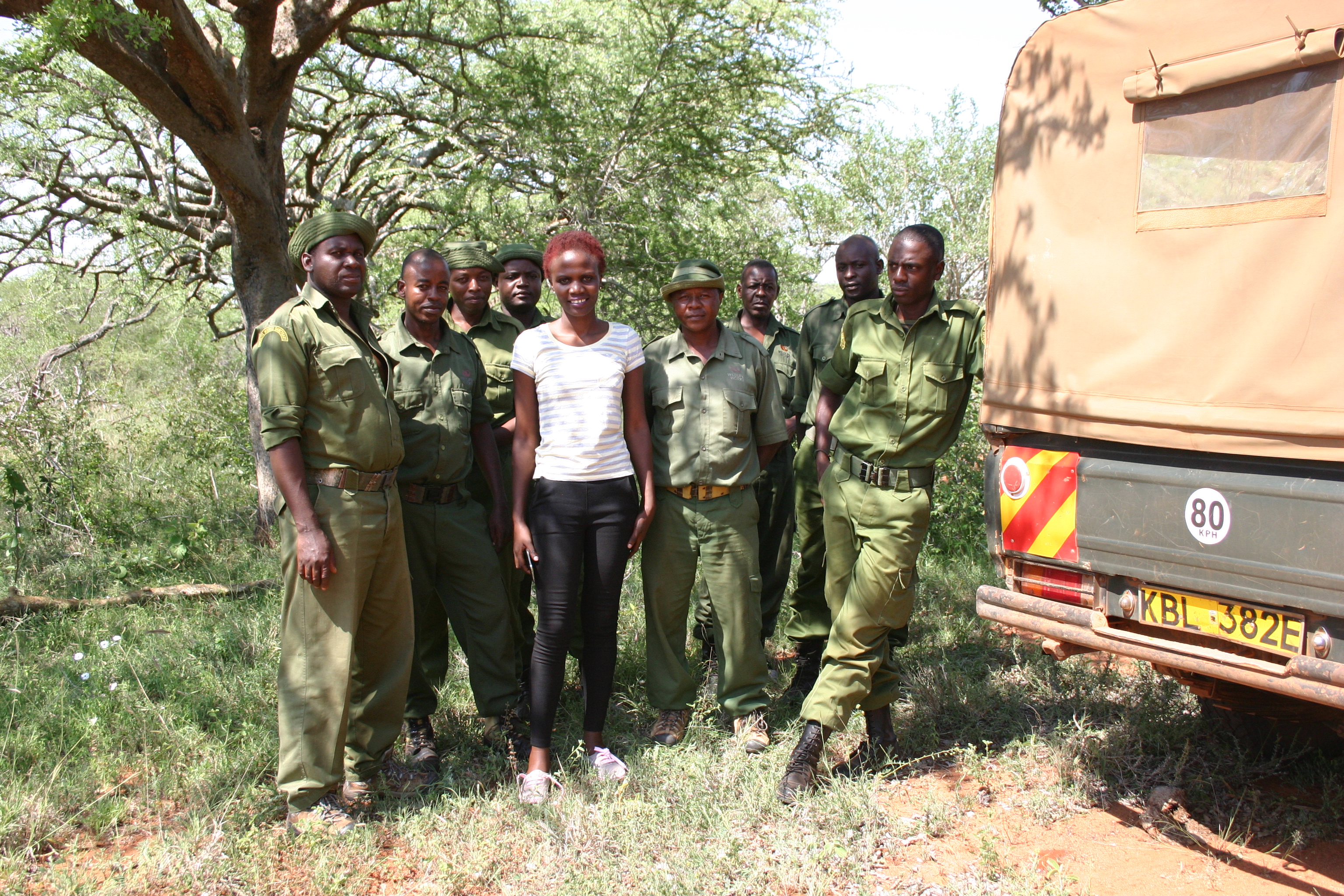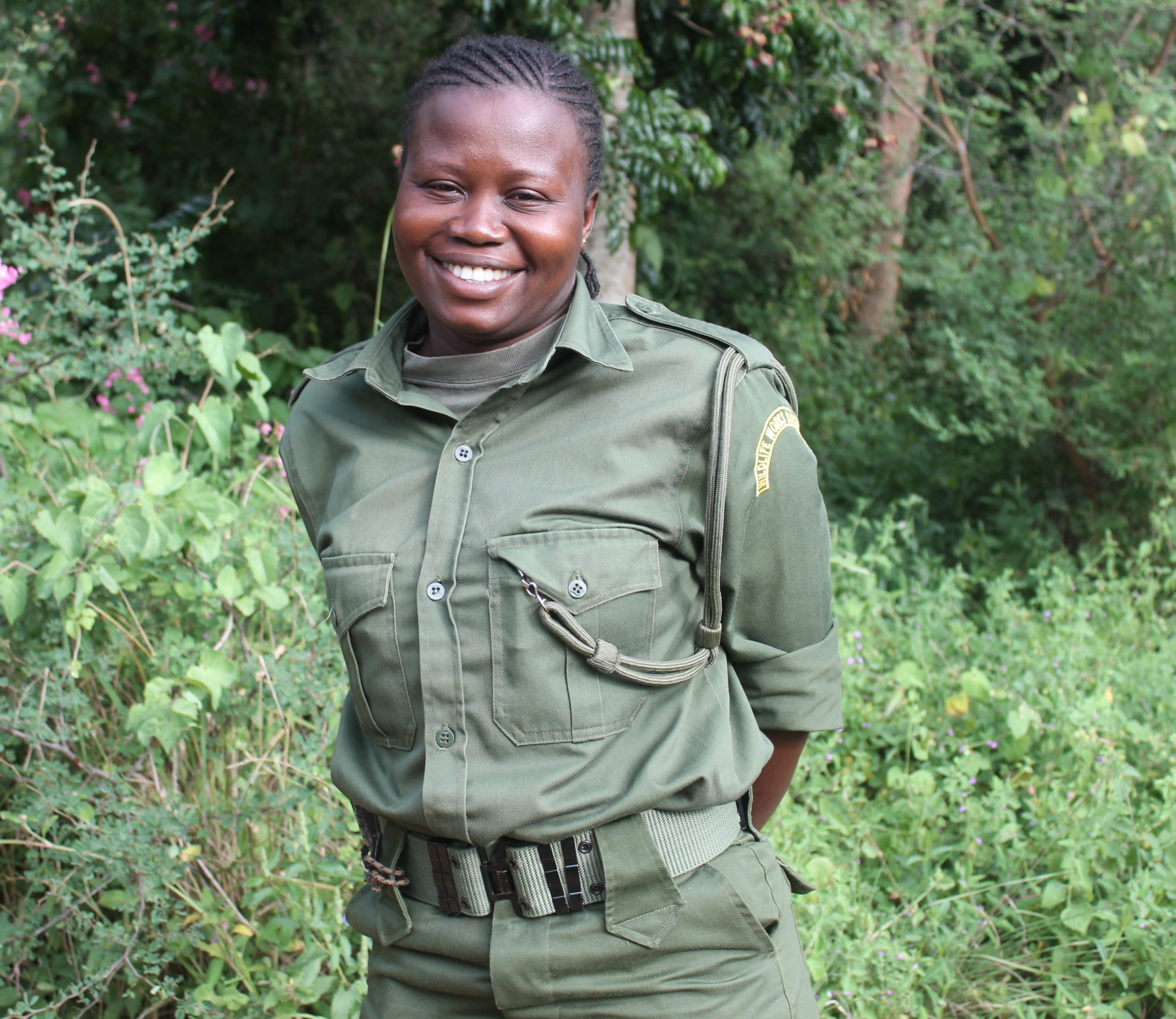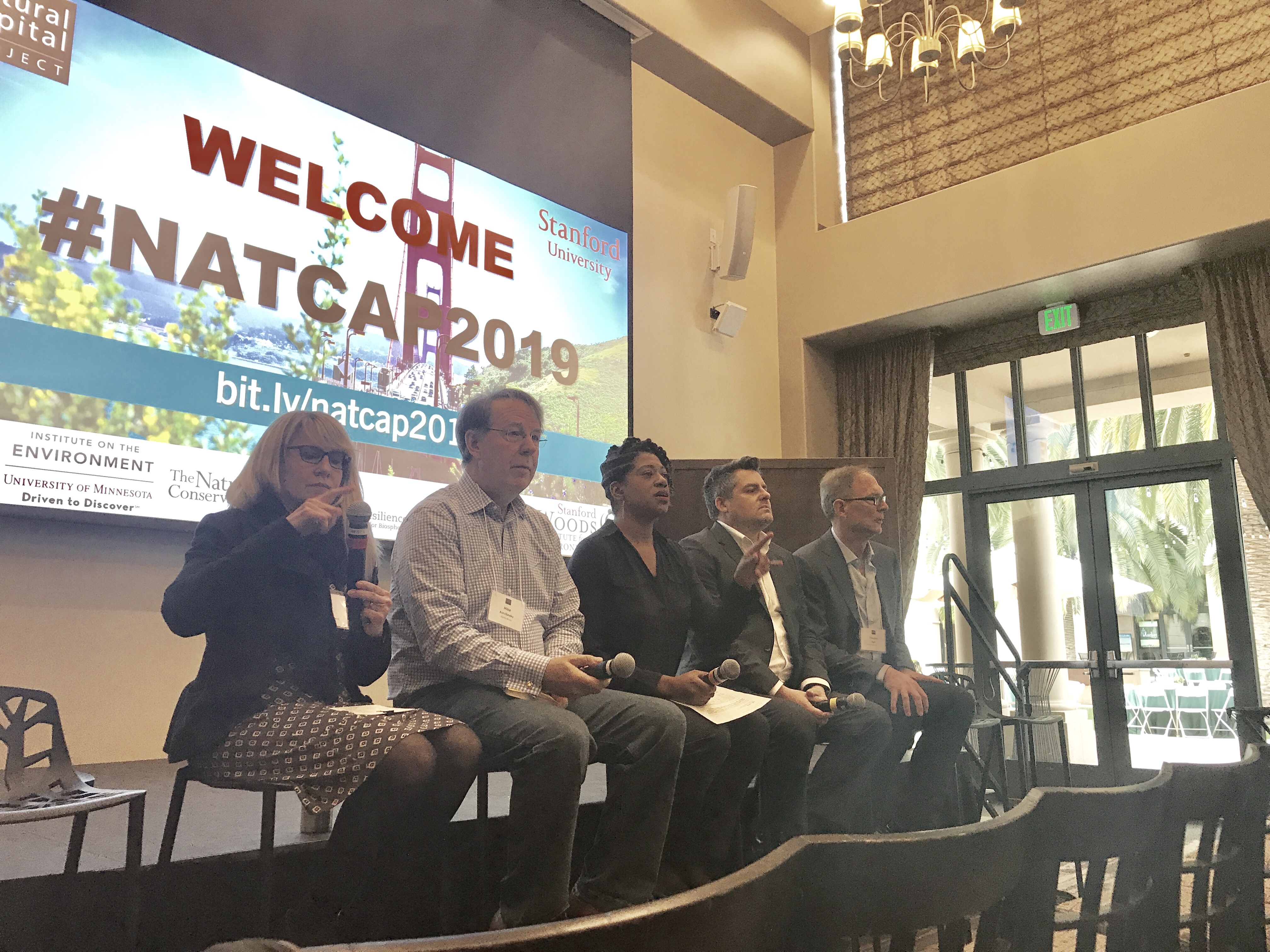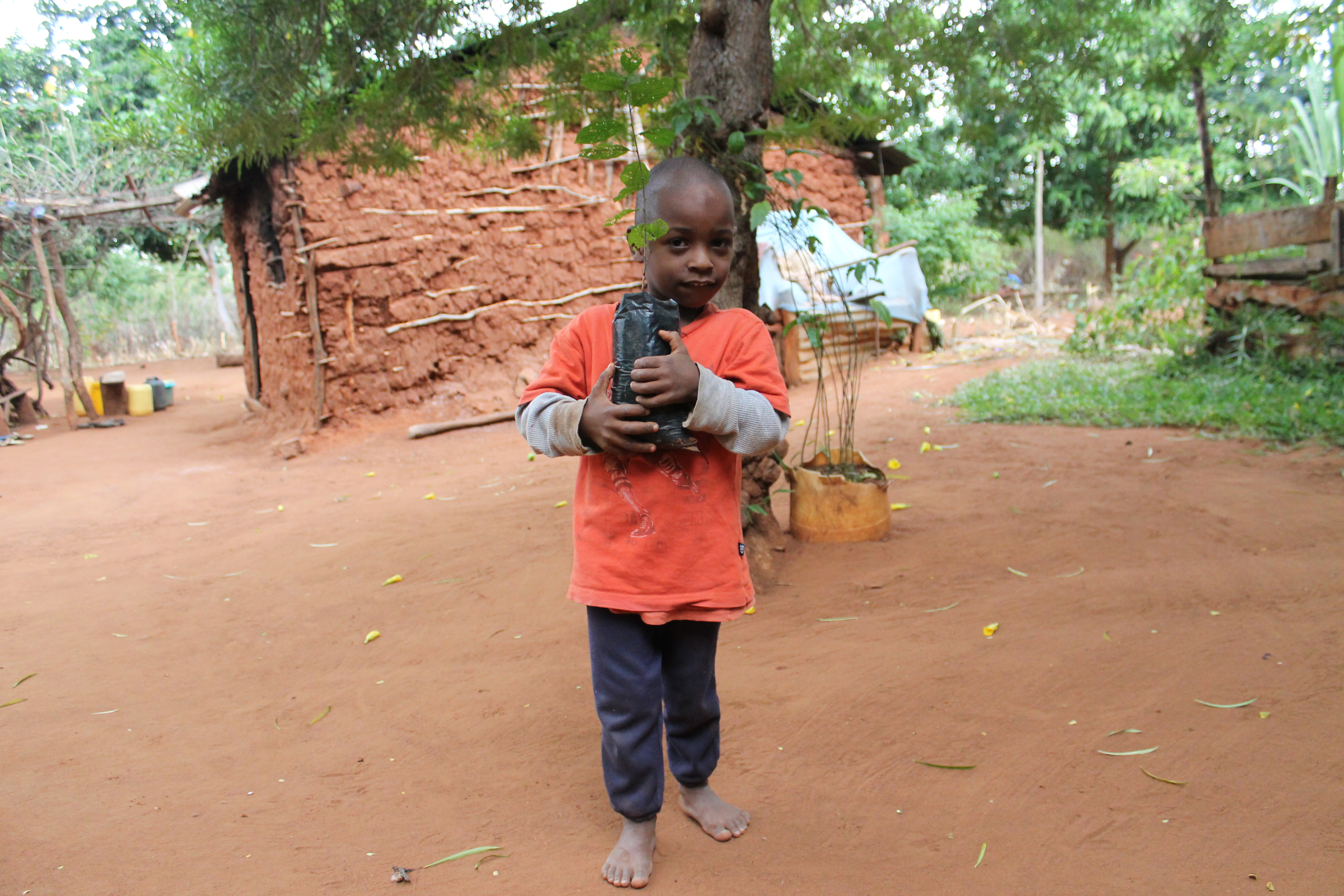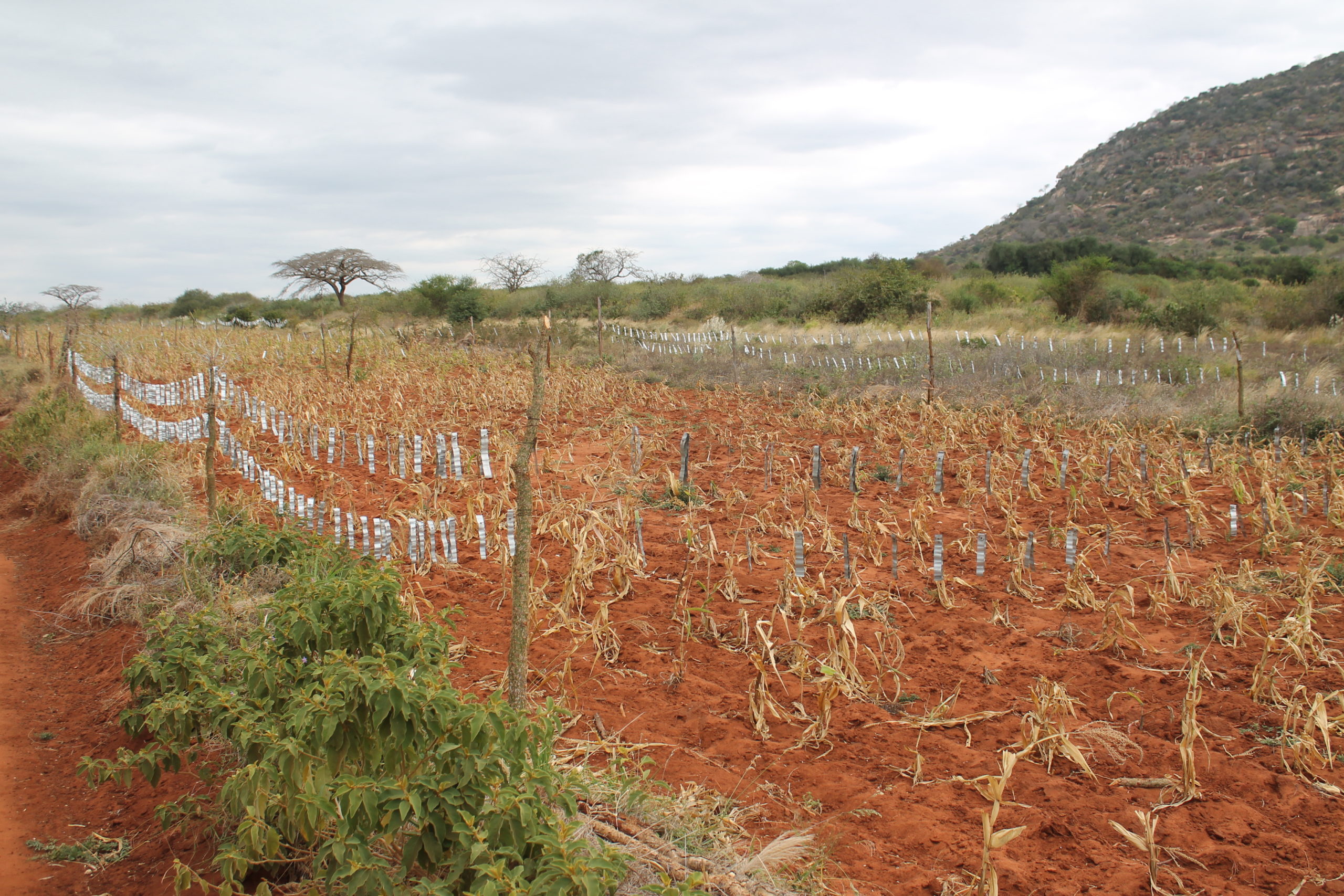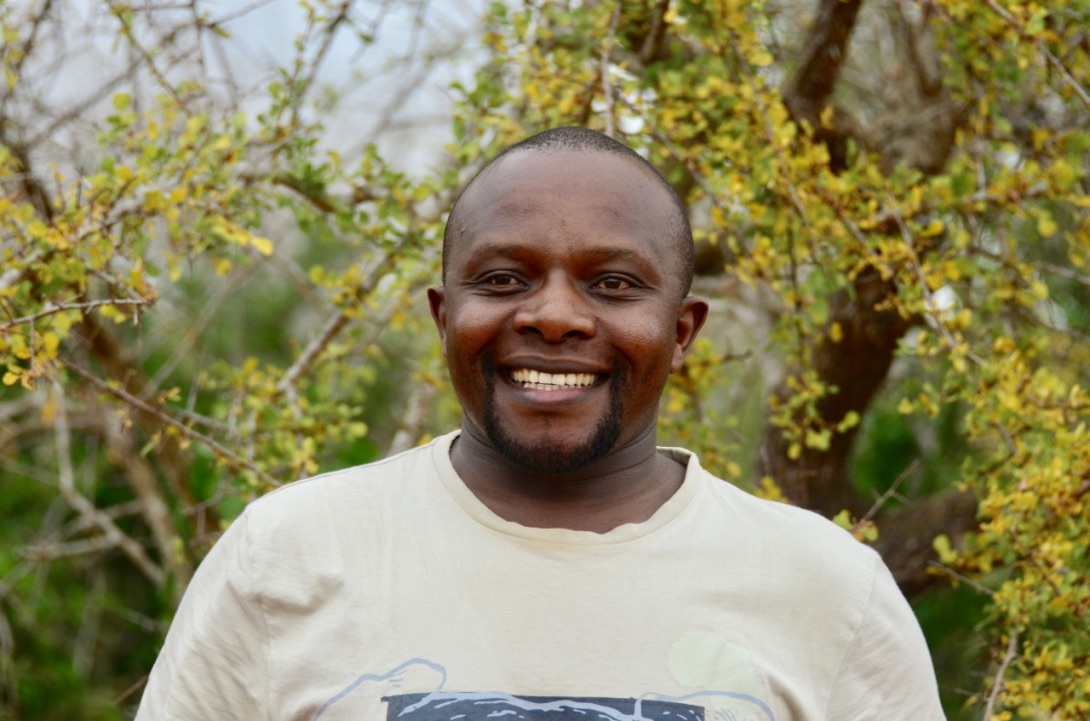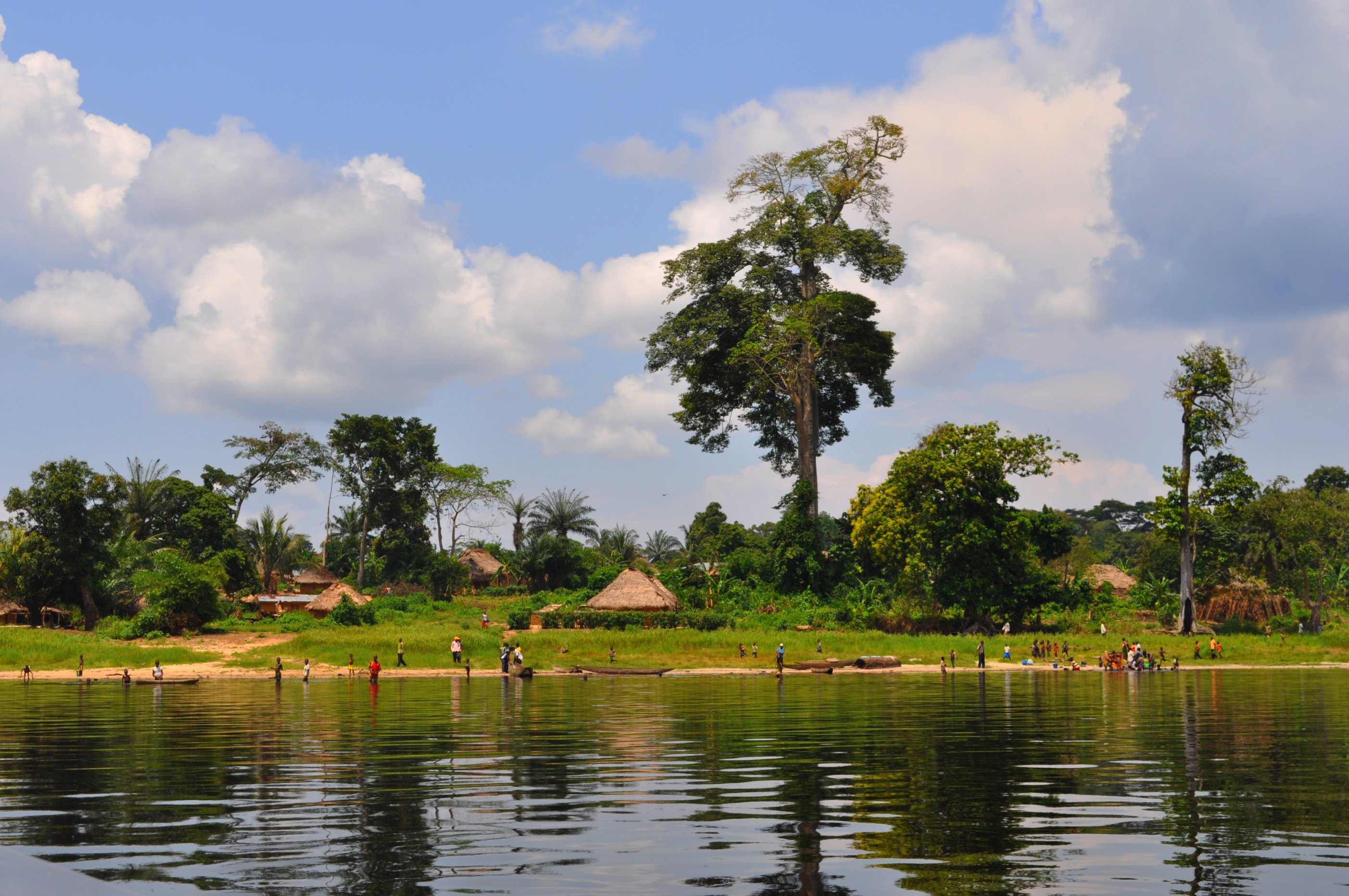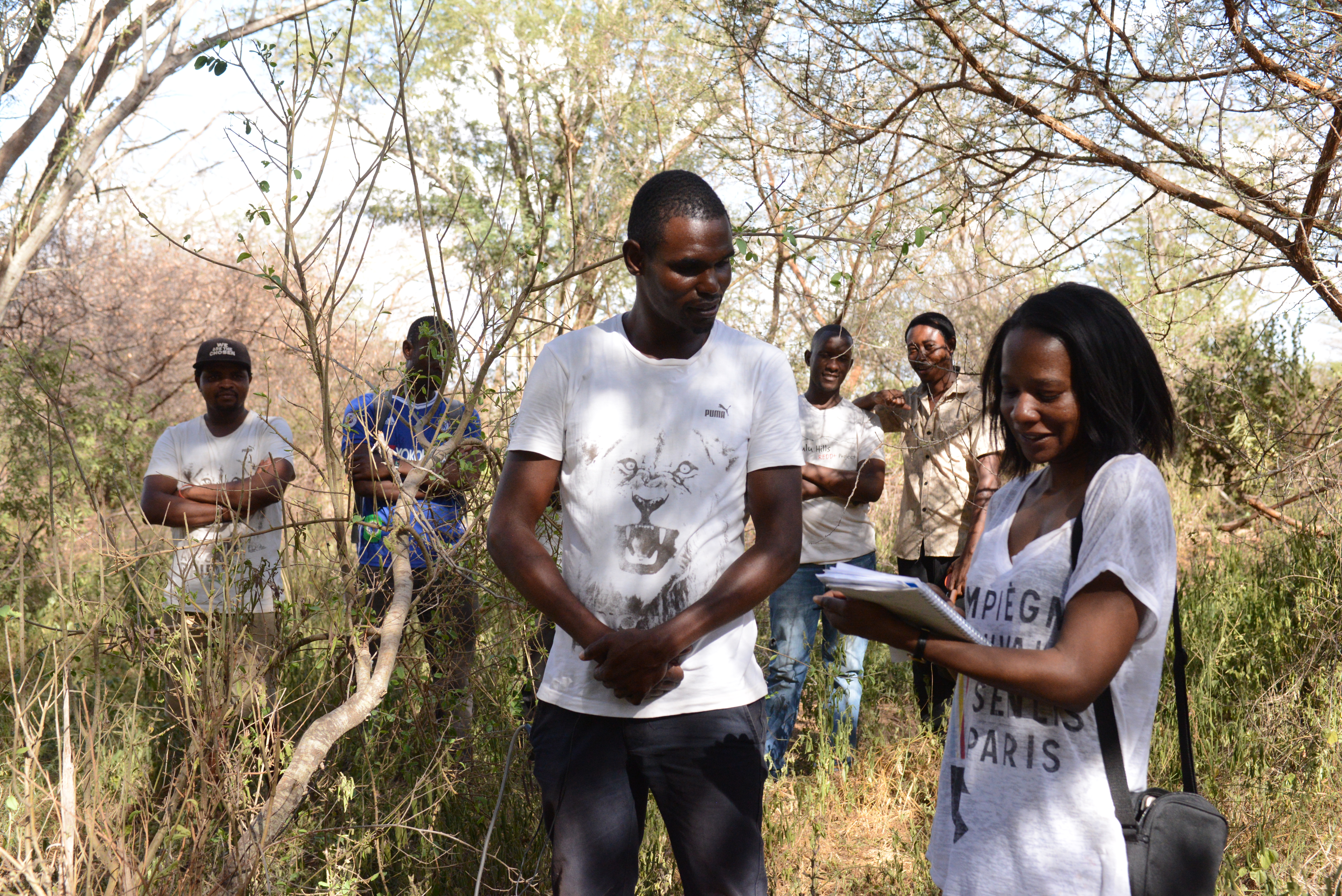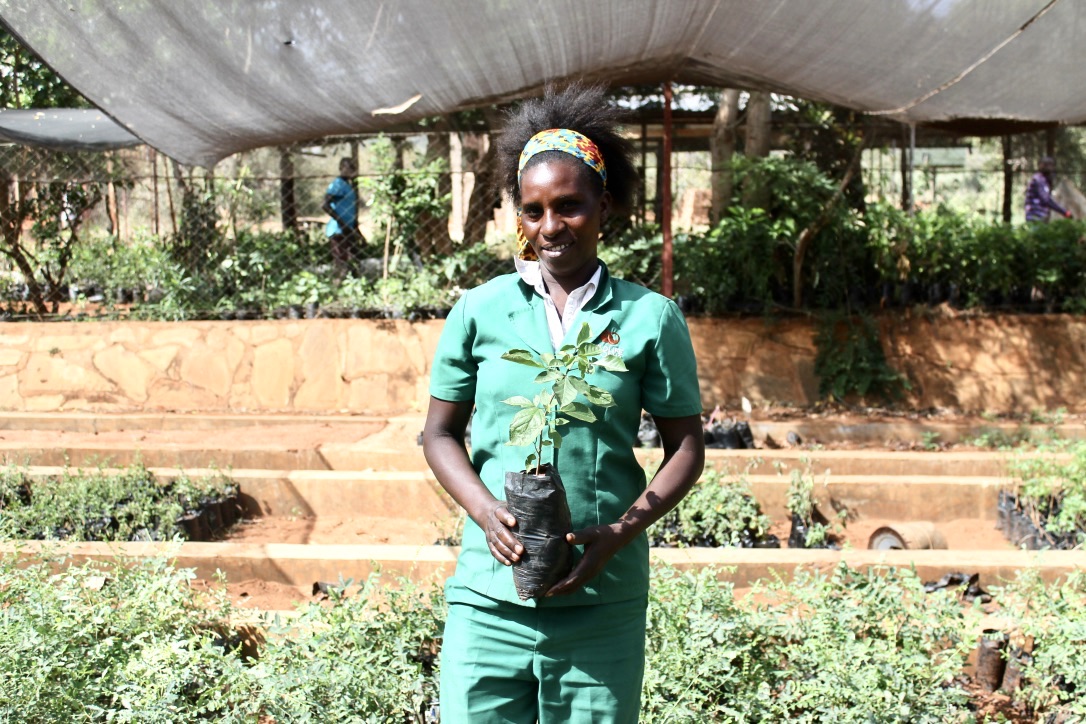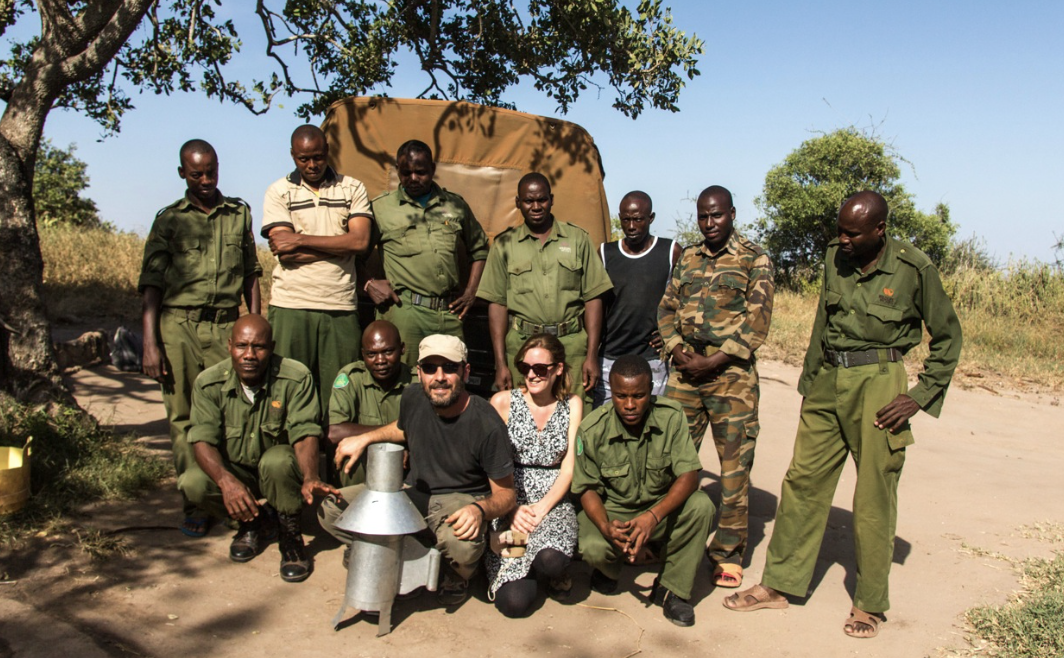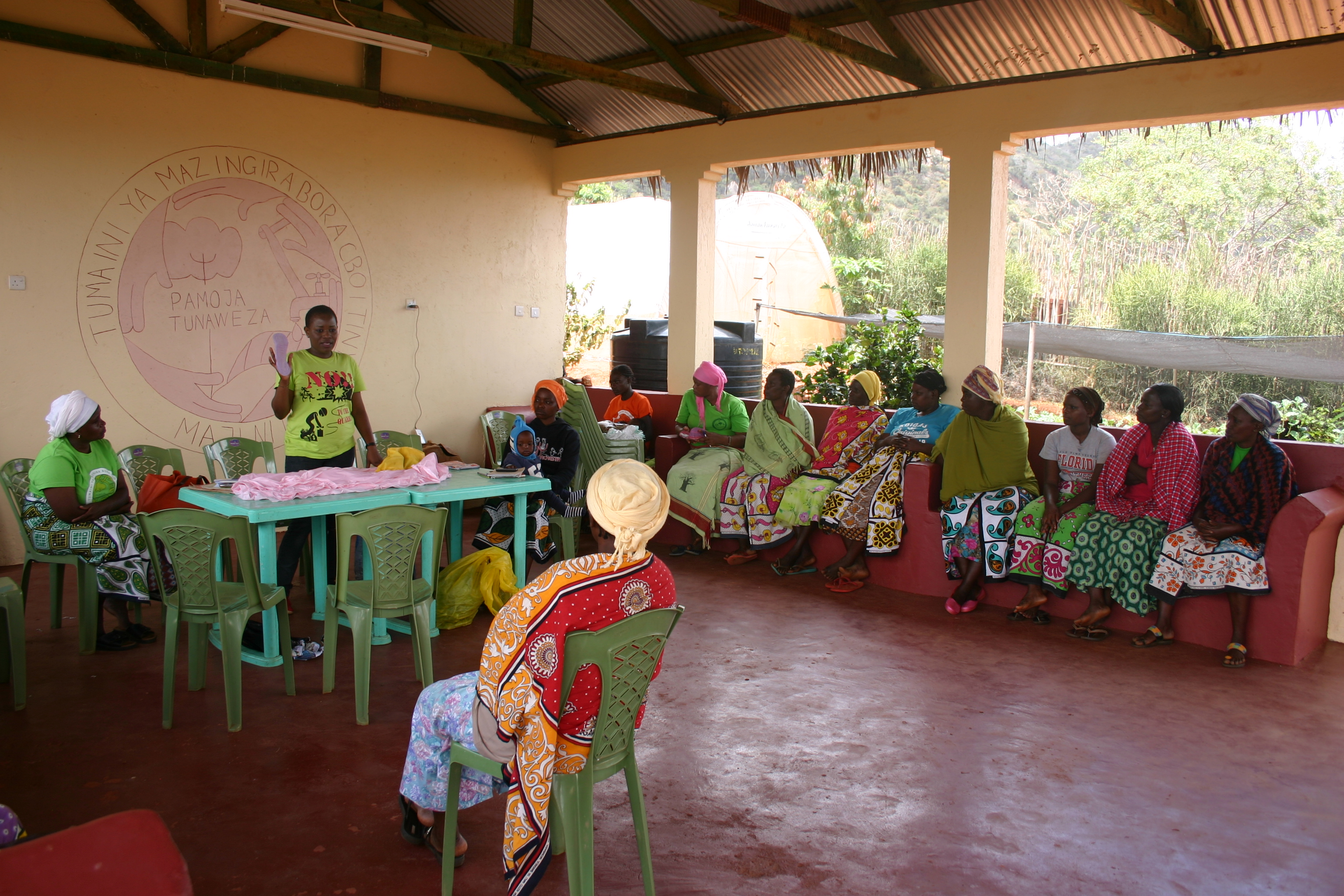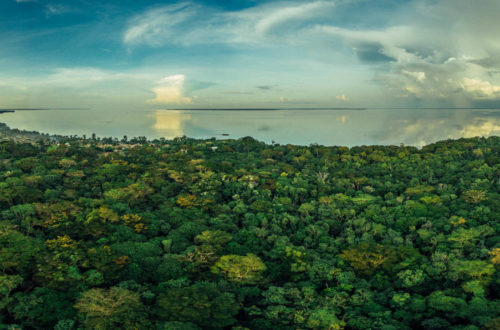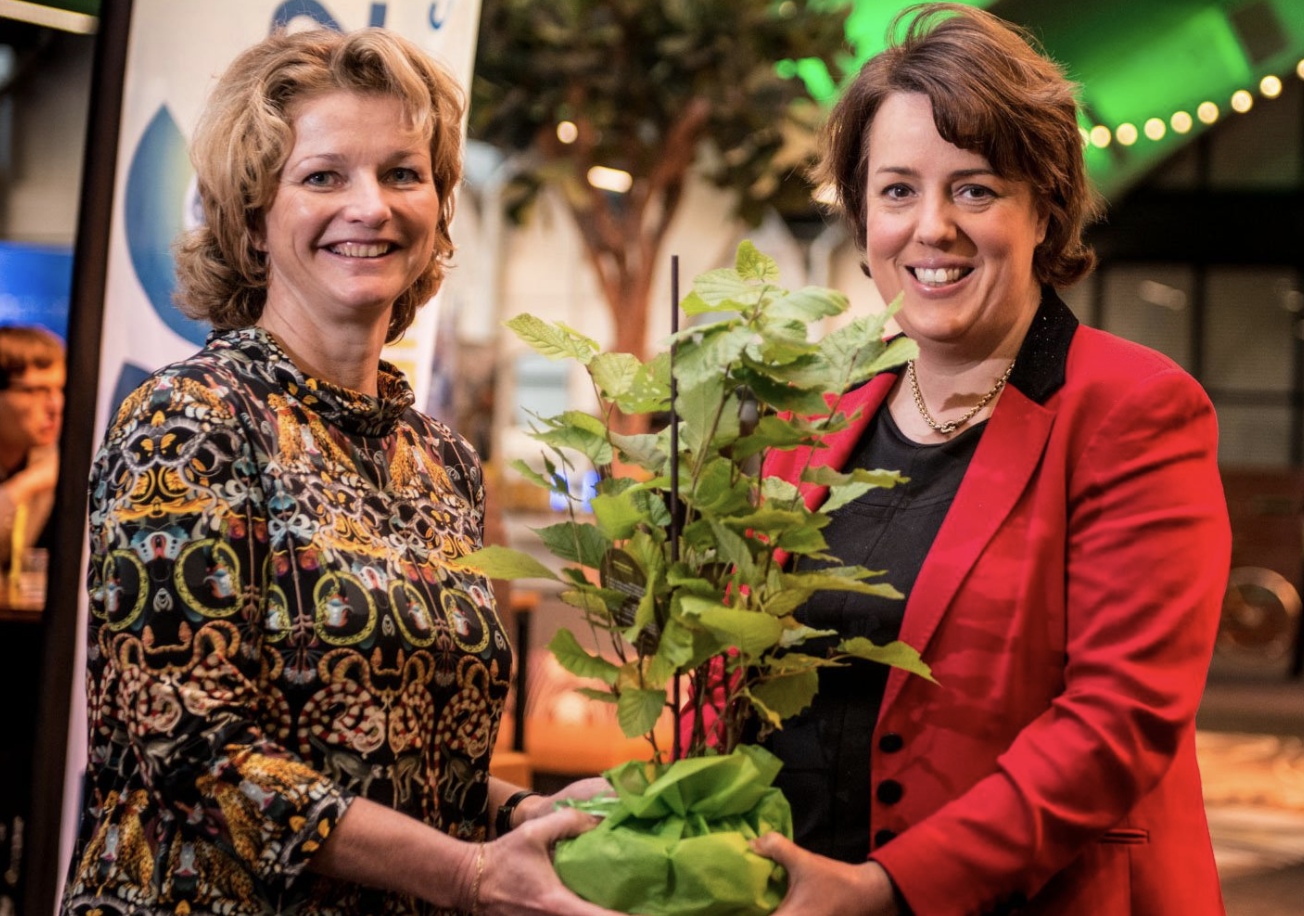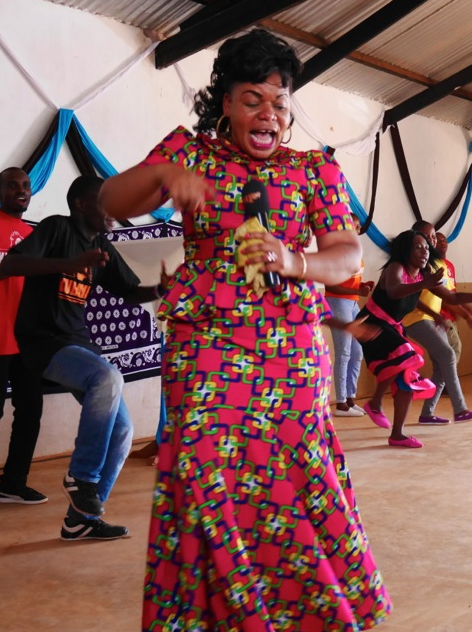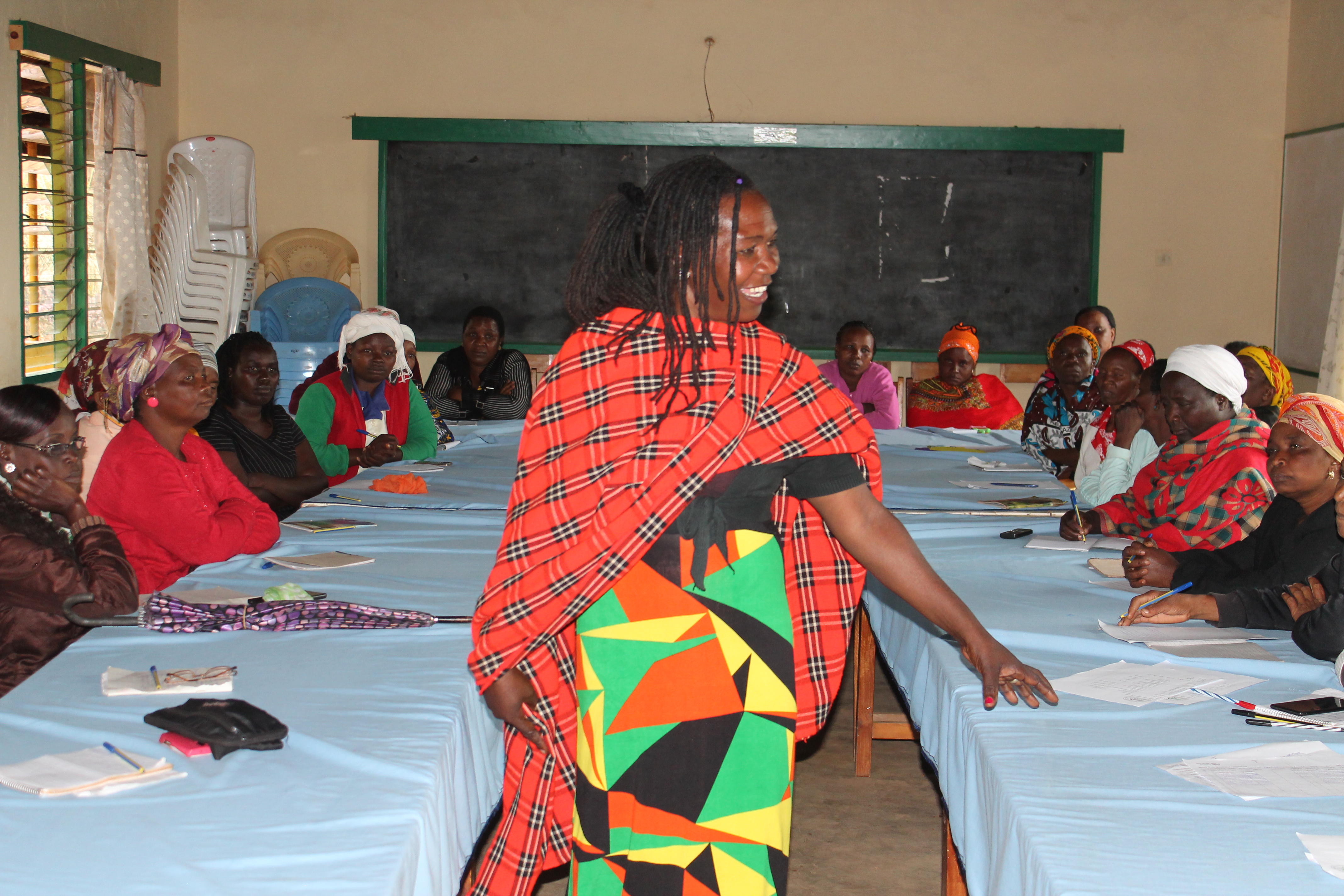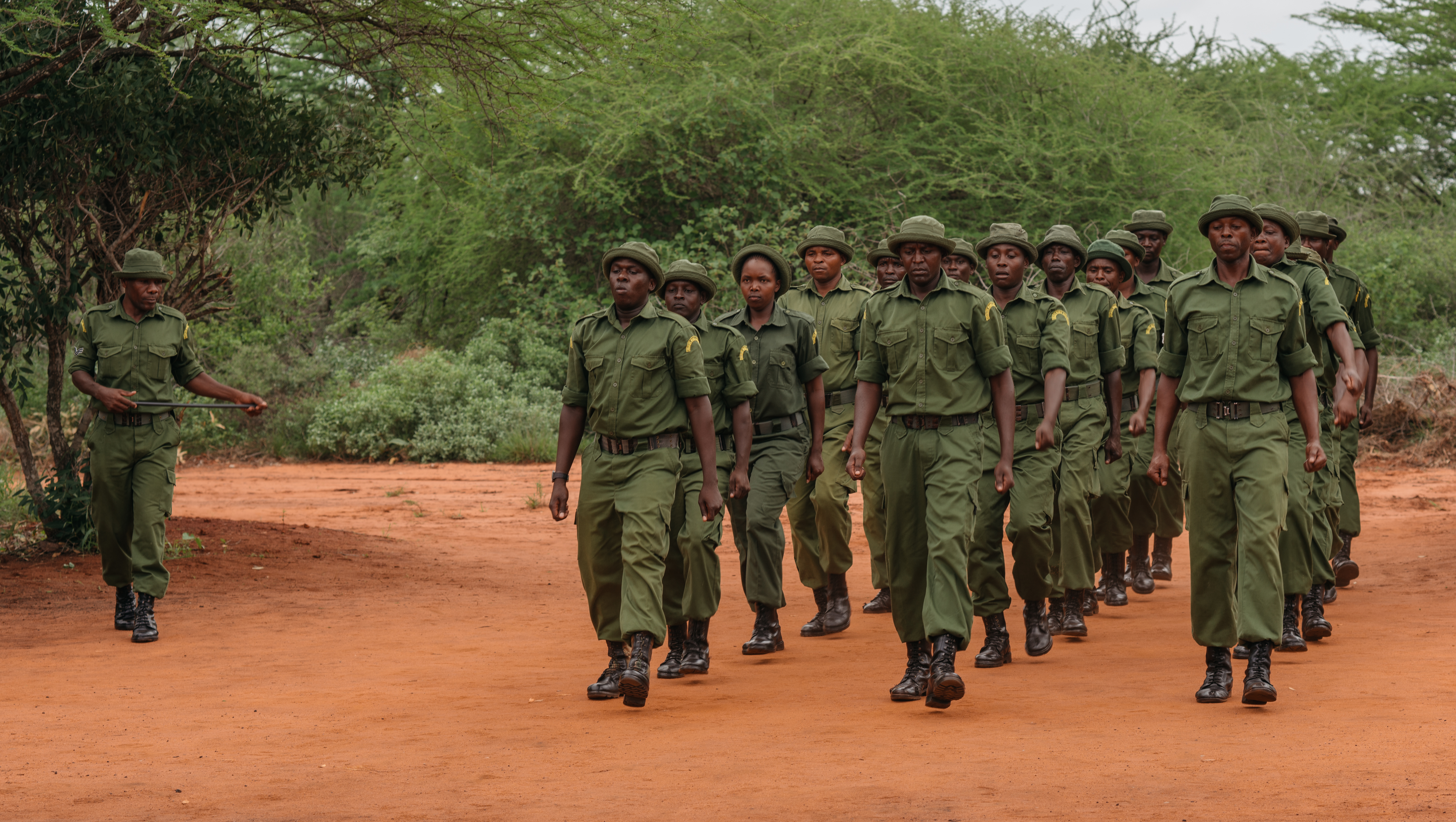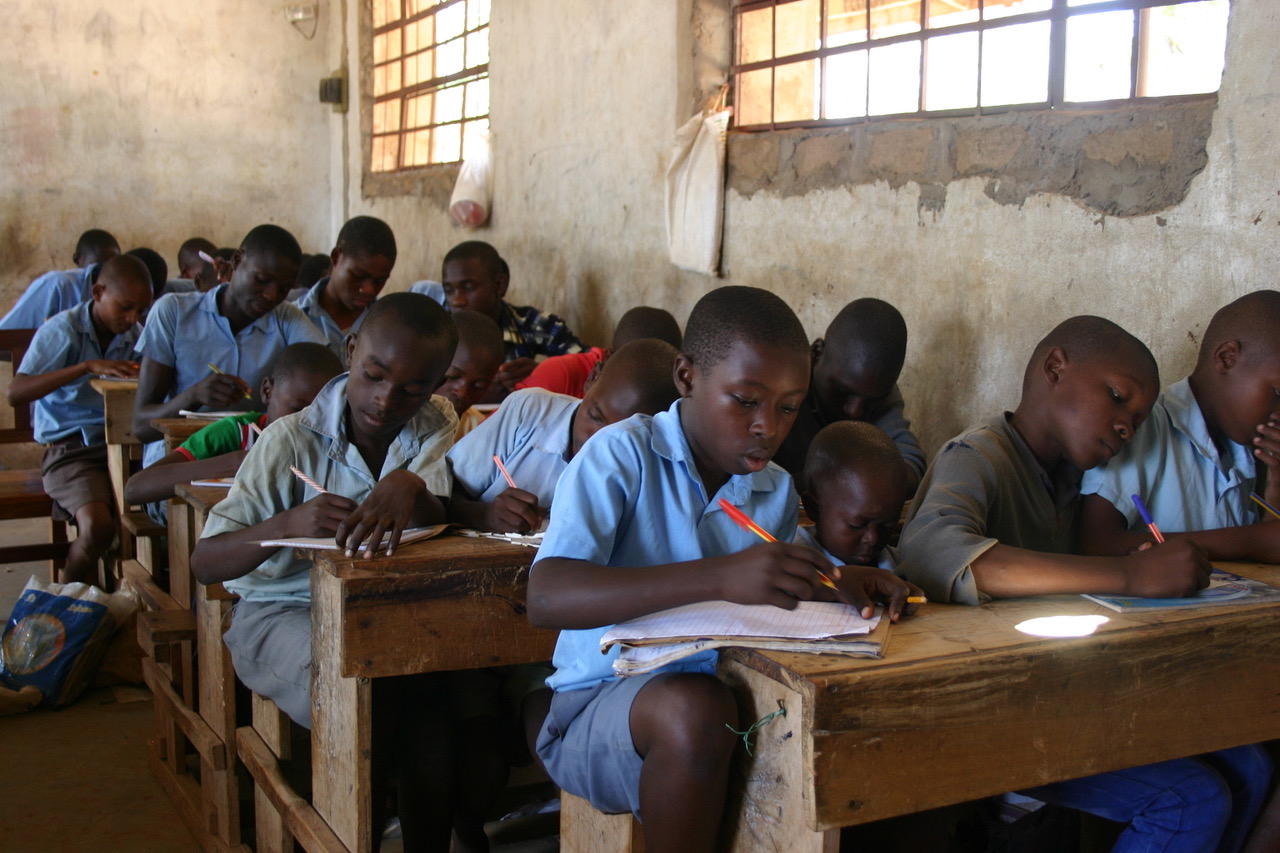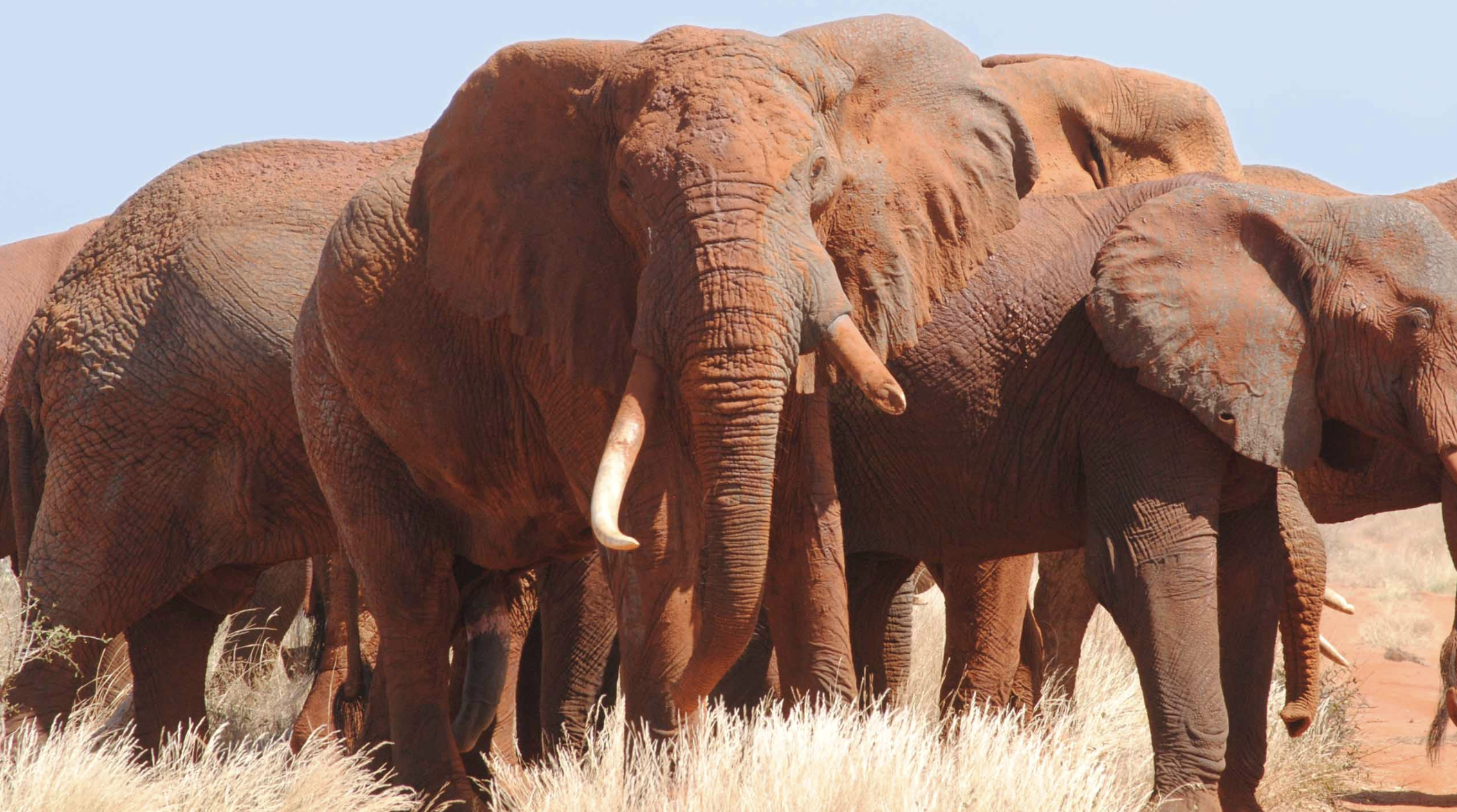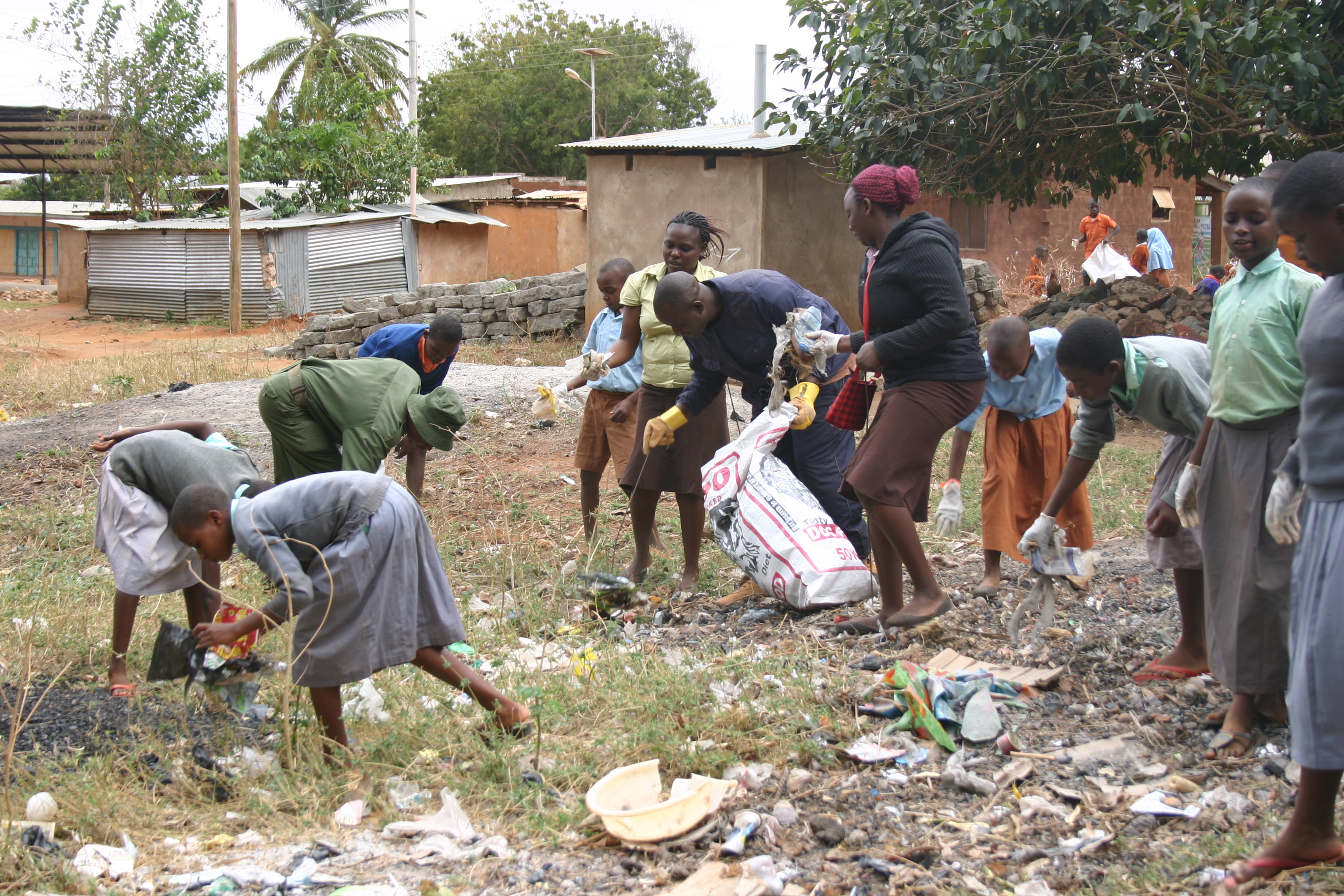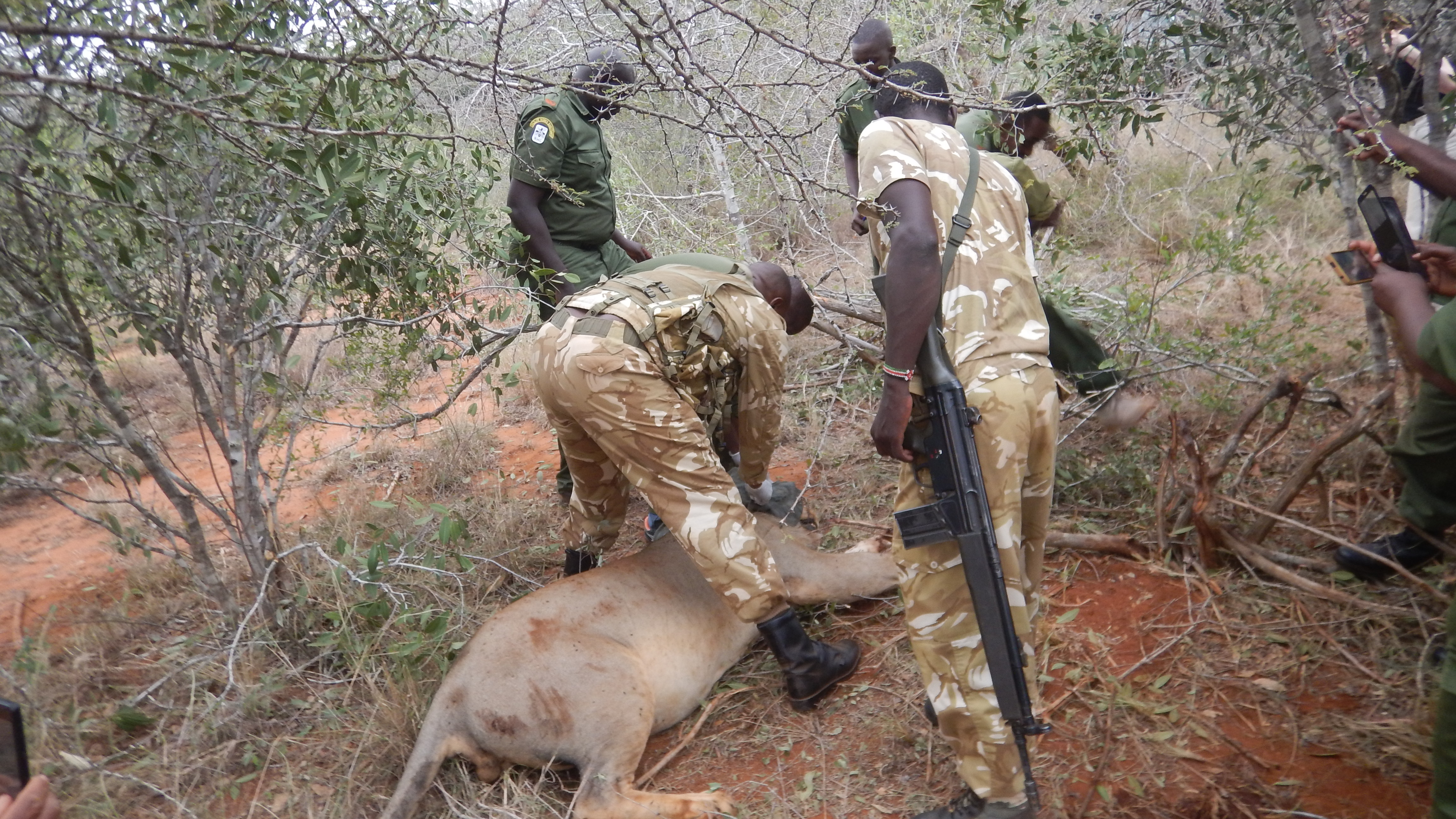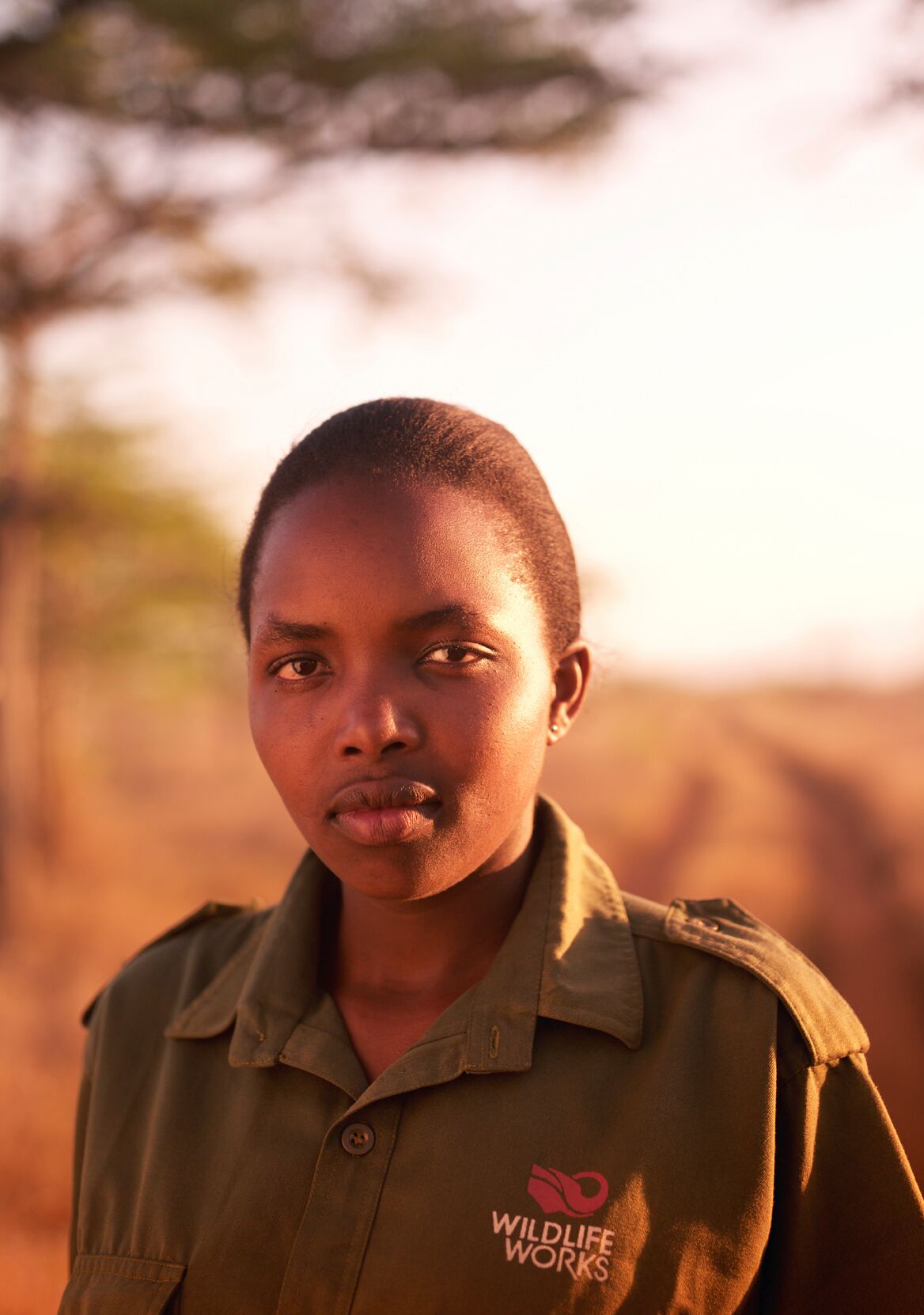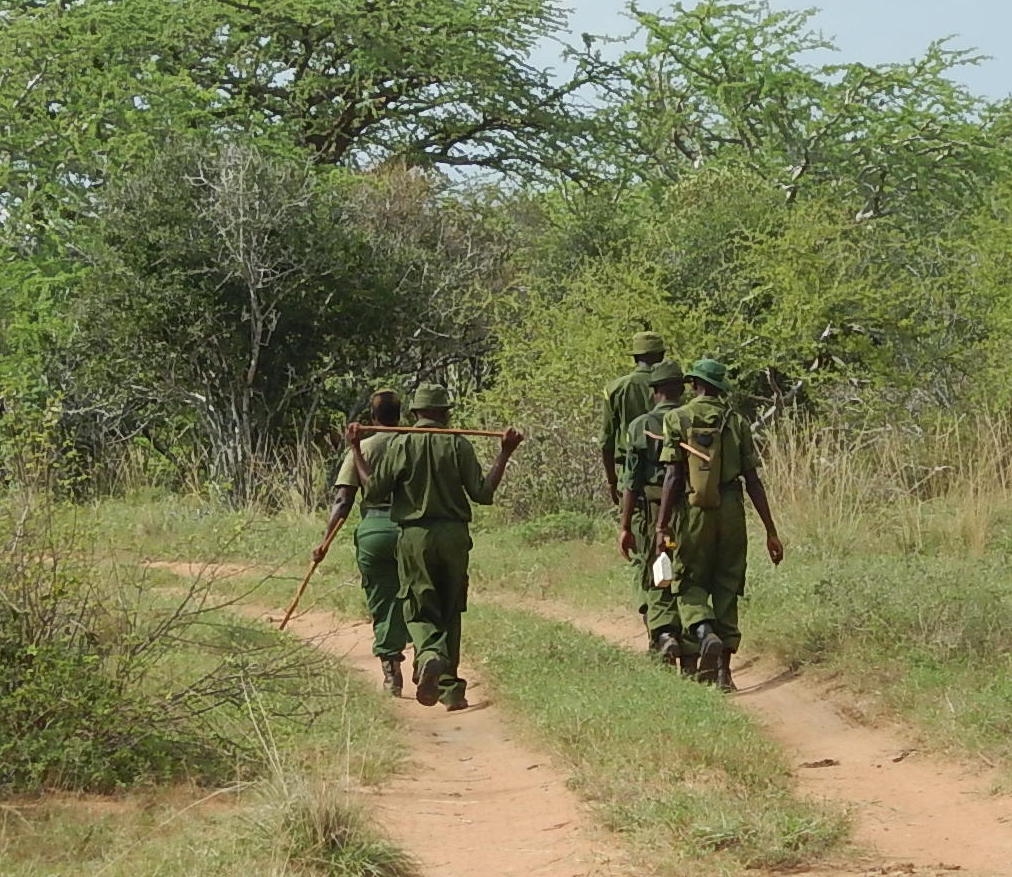-
Wildlife Works Personality Profile; Meet Paul Mwachari Kombo
By Jane Okoth The Wildlife Works’ organic greenhouse is one of our many sustainable projects at the Kasigau Corridor REDD+ Project in Kenya. On a typical day, the greenhouse team of 24 people are tending to indigenous seedlings, grafting fruit trees, and focusing on agricultural intensification. However, during the coronavirus pandemic, a scaled-down team from the greenhouse are on site, helping to nurture tree seedlings, plant organic vegetables and distribute seedlings to the community where possible. On an ordinary day, you will find Paul Mwachari Kombo with his team members, planting and grafting organic fruits and vegetables. The 29-year-old father of one is grateful to the Greenhouse Manager George Maina…
-
Rising With Resilience, the Story of Charles Nzale
By Carol Chao It’s a warm afternoon at the Wildlife Works greenhouse and it’s always a busy day for Charles Mwavula Nzale. Whenever you visit the greenhouse, you will find the calm composed young man with a wide smile selling and marketing the greenhouse products (such as seedlings), taking stock, or maintaining the equipment among other duties. Charles, now 31, was born and raised in Marungu ward, which is part of the Kasigau Corridor REDD+ Project area. Charles lost his mother at a young age, so, together with his siblings, he had to go and live with his grandmother. Amidst the challenges in his life, which included a lack of…
-
Boosting Reforestation Efforts in the Kasigau Corridor
By Jane Okoth In a tiny village, Juliana Karisa stood beside her house in anticipation as she watched a canter truck accompanied by Wildlife Works’ greenhouse team make its way through her compound. After a courteous greeting, she proceeds to direct the team to where the tree seedlings are located. The greenhouse team then loads the seedlings one by one into the truck under the close supervision of Greenhouse Supervisor Willy Kanyeki. Juliana and her family is one of hundreds of beneficiaries from the Kasigau Corridor REDD+ Project who have received cash in exchange for tree seedlings. In an effort to boost reforestation efforts in the region, Wildlife Works regularly…
-
Women’s Agency Grows in the Greenhouse
By Jane Okoth In sub-Saharan Africa, women perform more than 50% of the agricultural activity, according to the United Nations. While women provide the majority of labour in agricultural production, their power over resources is restricted due to discrimination by male dominated traditions. Wildlife Works has been co-creating opportunities for economically-marginalized women to take the lead in their communities and generate new sources of income. We have been teaming up with organizations in order to support local women’s groups in setting up greenhouses within their surrounding communities. The concept of greenhouse farming was adopted because only a small size of land is needed to erect the greenhouse, and conditions can…
-
Against All odds: Janet Wanjala’s Determination to Succeed
By Jane Okoth If you happen to pass by Wildlife Works’ organic greenhouses, chances are that you will notice Janet Elina Wanjala. The shy petite woman is always busy; if she is not taking care of the tree seedlings, or harvesting jojoba seeds, she is packing the soil into the potting bags. Janet’s day begins with a 2-hour walk from her home to Wildlife Works, ready to commence her usual duties. On this particular day, she is helping out peeling the mango seeds for drying and replantation. “I take my work seriously, with much dedication and hard work because I find morale and stimulation in it,” she says. According to…
-
Agriculture Mentor Program for Local Community Groups
Wildlife Works runs an organic greenhouse on-site at our Kasigau Corridor REDD+ Project in Kenya. Here, we raise indigenous tree seedlings that we donate to the community to help reforestation efforts as well as test growing techniques for local growing conditions. One of our main objectives is to run tours and training for anyone who wants to learn alternative methods for growing in the semi-arid, drought conditions of the Tsavo region. Some of the best practice growing methods we teach include water conservation through techniques such as vertical farming (where water trickles vertically down a pod watering more plants rather than draining away into the soil) and introducing people to…
-
George of the Jungle: Growing our Tree Seedling and Agriculture Business
“If you put me in an office, it will be the end of me!” is the first thing George Thumbi tells us on a tour of his life. George, a father of three from Central Kenya, was brought up in a family of 10 children on a farm that grew coffee, maize, fruit and other plants. It was here that he developed an interest in agriculture which led him to pursue a Bachelor of Science in Agriculture and Agroforesty at Egerton University, Kenya, among other qualifications such as a Diploma in Sales and Marketing and Business Management. George, who is now in charge of the agribusiness and forestry program at…
- About, Adventures in REDD+, Biodiversity, Conservation, Democratic Republic of the Congo, Forest Communities, Wildlife
Project Impacts of 2014
Wildlife Works thanks the corporate leaders that contributed to 2014’s success of more than double that of our REDD+ projects in 2013. Here we look back at the impacts on the ground in 2014. Kasigau Corridor REDD+ Project, Kenya Mai Ndombe REDD+ Project, Democratic Republic of the Congo
-
Farmers around the Kasigau Corridor Grow and Sell Seedlings to Wildlife Works
With global warming becoming a more imminent threat, trees and other vegetation remain among our best defense mechanisms. Trees’ ability to absorb greenhouse gases emitted by automobiles, factories, and power plants result in a significant reduction in global climates. As part of the Wildlife Works community empowerment programs, we encourage farmers around the Kasigau Corridor REDD+ Project to grow and nurture seedlings, which are then sold to our greenhouse team at an average price of ten shillings (12 cents) per seedling. These are then brought back to the Wildlife Works greenhouse facility to be grown until they reach a suitable size for replanting. This seedling collection happens at the end…
-
Going green: Purchasing and planting tree seedlings in Kenya
As part of Wildlife Works’ reforestation efforts, our greenhouse team regularly purchase and replant tree seedlings from around our project area in rural Kenya. The greenhouse staff travel to communities around our Wildlife Sanctuary in Rukinga to purchase the seedlings from local farmers at Ksh10 per plant, providing a source of income for some community members who can not find stable work. After the seedlings are purchased, they are kept at the Wildlife Works greenhouse, nourished and prepared for replanting. Once the seedlings are ready, the team distributes them for free to local schools, churches, environmental groups and individuals for planting. On November 23, the greenhouse team hired a canter,…

